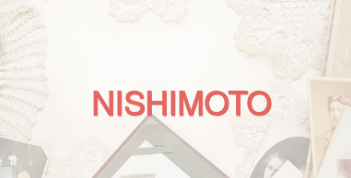
Origin: Nishimoto is a Japanese surname composed of two elements: “Nishi” (西), meaning “west,” and “moto” (本), meaning “origin” or “base.” Together, the name can be interpreted as “western origin” or “from the west.”
Meaning: The name Nishimoto likely originated as a geographical identifier for families living in or originating from the western part of a region or country. It may have been used to distinguish individuals or families who migrated from western areas of Japan or had ancestral ties to those regions.
Popularity: While not among the most common Japanese surnames, Nishimoto is well-established in Japan. Its popularity varies by region, with potentially higher concentrations in areas historically associated with western Japan. In recent years, the name has also spread to other countries through Japanese diaspora communities.
Inspiration and Cultural Significance:
- Geographical connection: The name serves as a link to ancestral roots and regional identity within Japan.
- Historical context: It may reflect historical migration patterns or settlement trends within the country.
- Cultural heritage: As with many Japanese surnames, Nishimoto carries the weight of family lineage and cultural tradition.
- Professional associations: Some notable individuals with this surname have made contributions in various fields, potentially inspiring namesakes.
- Linguistic appeal: The name’s phonetic structure and meaning may appeal to parents seeking a distinctive Japanese name.
Notable Individuals:
- Susumu Nishimoto: Japanese politician and member of the House of Representatives
- Ken Nishimoto: Japanese-American artist known for his abstract expressionist paintings
Usage in Modern Context:
While primarily used as a surname, Nishimoto could potentially be adapted as a given name for those seeking a unique Japanese-inspired name. Its meaning, rooted in directional and geographical concepts, might appeal to parents looking for a name that symbolizes exploration, new beginnings, or connections to western heritage.
When considering this name, it’s important to respect its cultural origins and understand its traditional usage as a surname in Japanese culture.




